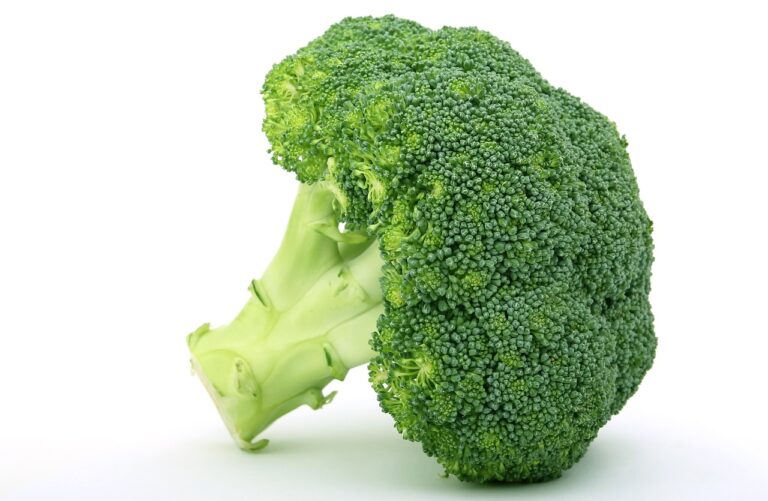Olive Oil Production in Turkey: Challenges and Opportunities: Allpannel, Cricket id online, Gold365 betting
allpannel, cricket id online, gold365 betting: Olive oil production in Turkey is a vital industry that has been facing both challenges and opportunities in recent years. With its ideal climate and rich soil, Turkey has the potential to become a major player in the global olive oil market. However, there are certain obstacles that need to be addressed in order to fully capitalize on these opportunities.
One of the main challenges facing the olive oil industry in Turkey is the issue of sustainability. In recent years, there has been growing concern about the environmental impact of olive oil production, particularly in terms of water usage and soil degradation. This has led to calls for more sustainable farming practices, such as organic cultivation and water conservation measures. By adopting these practices, Turkish olive oil producers can ensure the long-term viability of their industry while also appealing to environmentally-conscious consumers.
Another challenge facing the Turkish olive oil industry is competition from other olive oil-producing countries. Turkey faces stiff competition from countries like Spain, Italy, and Greece, which are well-established players in the global olive oil market. In order to compete effectively, Turkish producers need to focus on quality and differentiation. By emphasizing the unique qualities of Turkish olive oil, such as its rich flavor and health benefits, producers can carve out a niche for themselves in the market.
Despite these challenges, there are also significant opportunities for the Turkish olive oil industry. One of the biggest opportunities lies in the growing demand for high-quality, artisanal olive oil. Consumers are increasingly interested in where their food comes from and are willing to pay a premium for products that are produced sustainably and ethically. Turkish producers who can meet this demand stand to benefit greatly from this trend.
Another opportunity for the Turkish olive oil industry is the increasing popularity of Mediterranean cuisine worldwide. Olive oil is a staple of Mediterranean cooking, and as global demand for these foods continues to rise, so too will the demand for high-quality olive oil. Turkish producers have the advantage of being located in the heart of the Mediterranean region, giving them a unique position in the market.
In order to fully capitalize on these opportunities, Turkish olive oil producers need to invest in infrastructure and technology. This includes upgrading processing facilities, improving distribution networks, and investing in marketing and branding efforts. By modernizing their operations and embracing innovation, Turkish producers can ensure that they remain competitive in the global olive oil market.
Overall, the Turkish olive oil industry faces both challenges and opportunities in the years ahead. By addressing issues of sustainability, competition, and infrastructure, Turkish producers can position themselves for success in the global market. With the right approach, Turkey has the potential to become a major player in the olive oil industry and reap the benefits of increased demand for high-quality, sustainable products.
—
**FAQs**
1. **What makes Turkish olive oil unique?**
Turkish olive oil is known for its rich flavor and health benefits. The unique climate and soil conditions in Turkey contribute to the distinct taste of Turkish olive oil, making it a favorite among consumers around the world.
2. **How can Turkish producers differentiate themselves in the market?**
Turkish producers can differentiate themselves by emphasizing the quality and sustainability of their products. By adopting organic farming practices, investing in infrastructure, and focusing on branding and marketing, Turkish producers can stand out in a crowded market.
3. **What are some of the main challenges facing the Turkish olive oil industry?**
Some of the main challenges facing the Turkish olive oil industry include issues of sustainability, competition from other olive oil-producing countries, and the need for infrastructure and technology upgrades. By addressing these challenges, Turkish producers can position themselves for long-term success in the global market.







